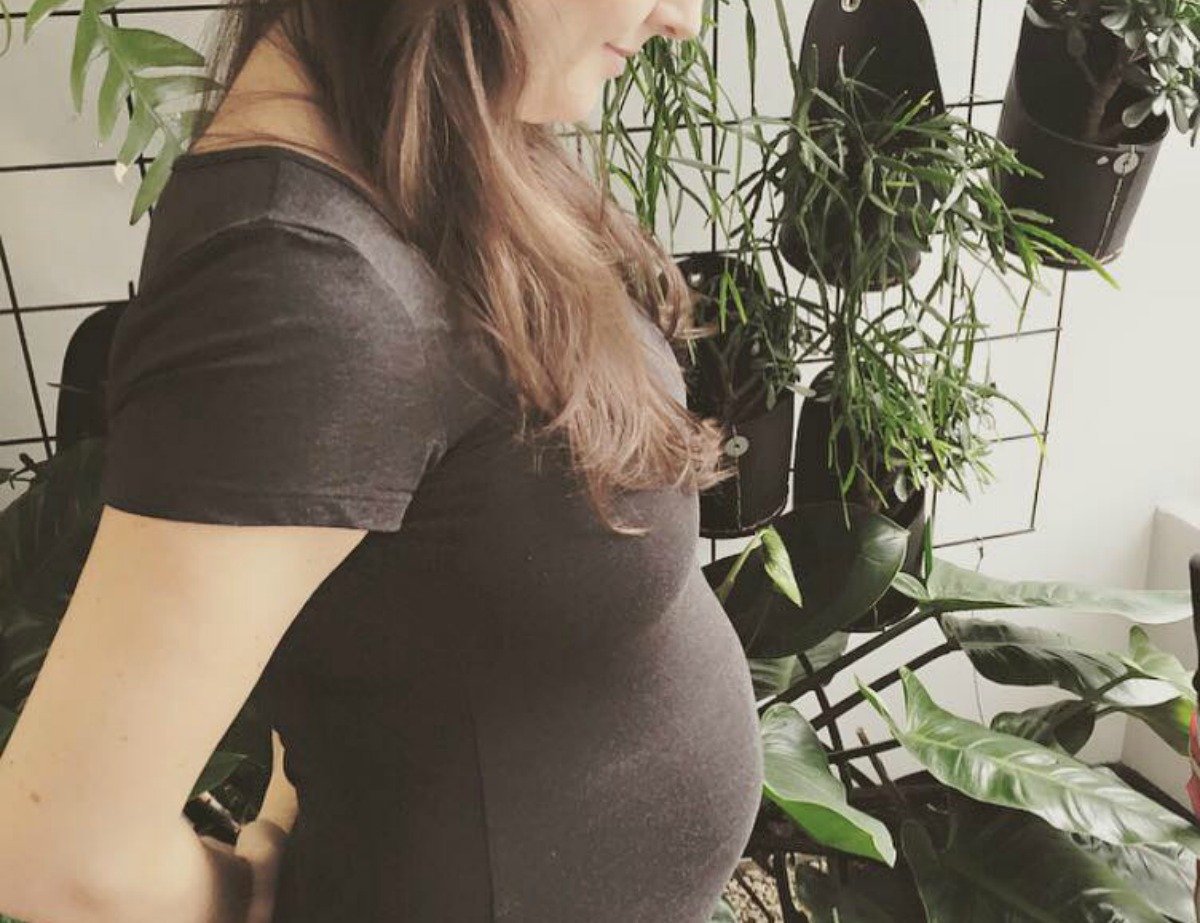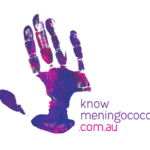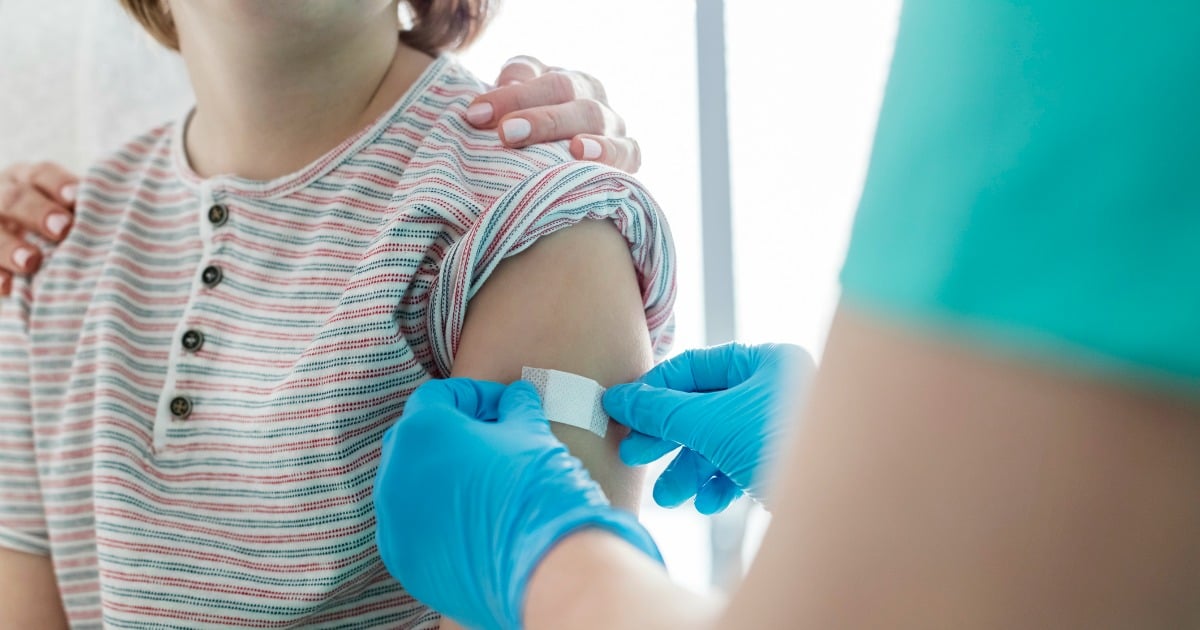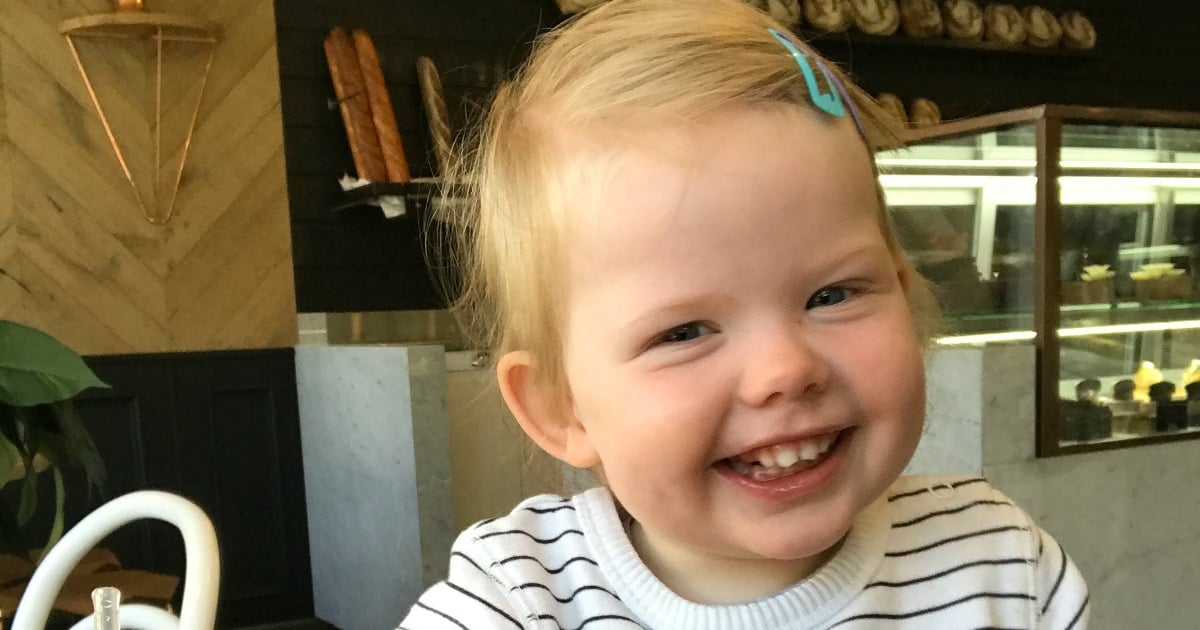

My toddler is a pretty lucky kid, although, I’m sure if she could say, she would absolutely disagree with me. You see, her mum (me) loves nothing more than to annoy the family doctor with health questions, namely about vaccinations.
It started when I was pregnant and had my first visit to the doctor to tell her what the pee stick said. Of the million and one things my doctor got me to do, the first was to get a flu vaccine. To protect myself against the flu (it can be dangerous to get the flu while pregnant) and also to give my little bub some protection against the flu for their first six months of life.




Top Comments
Better to be safe than sorry, meningococcal is a douzy, and fast.
If safe why does the packet say its dangerous
Any packet of any medication lists the dangers. Even baby paracetamol is dangerous. Peddling fear and hysteria about vaccinations doesn't fly here, we prefer to look at the science and medical research, and rely on our doctor's advice, not Google.